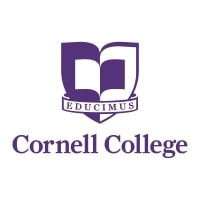According to the text, Capitol Records, Inc. v. Thomas-Rasset was the first RIAA suit to go to trial. Thomas was accused of sharing 24 songs over Kazaa. The record label won the trial, and was awarded $220,000 in damages. However, Rasset was given a second trial when the jury instructions in the first were found to be in error. She lost that trial as well, and was told to pay nearly $2 million. However, the damages were reduced to $54,000. The record label was unhappy with the reduction, so a third trial was held to determine damages. Rasset was told to pay $1.5 million, and the amount was again reduced to $54,000. The record label was miffed, and won an appeal that raised its reward back to $220,000. The case goes to show that record labels are well-equipped to fight piracy, and that they are not afraid of asking for outlandish sums in damages. The fact that the case was tried four times suggests that the record label wanted to deter future piracy by making an example of Thomas-Rasset.
Source: https://en.wikipedia.org/wiki/Capitol_Records,_Inc._v._Thomas-Rasset
